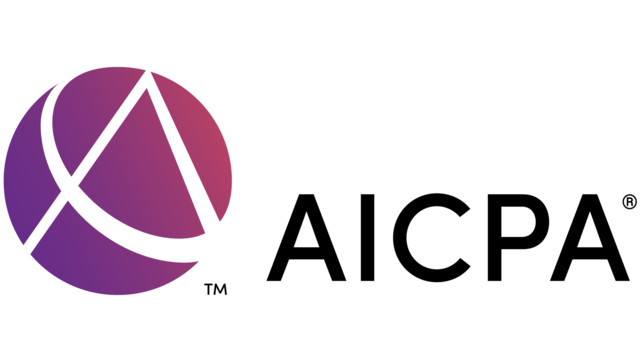The American Institute of CPAs (AICPA) submitted a letter to Congressional tax-writing committee leadership highlighting some key issues with the corporate profits minimum tax being considered as part of the reconciliation legislation negotiations.
The corporate profits minimum tax is a minimum tax based on 15 percent of adjusted financial statement (book) income rather than recognized income. The proposed corporate minimum tax would operate much like the corporate alternative minimum tax (AMT), requiring corporations to calculate taxes, first on taxable income and then again on book income based on adjusted financial statements that include current value of assets, and pay the higher of the two.
Imposing tax according to adjusted financial statement income takes the definition of taxable income out of Congress’s hands and puts it into the hands of industry regulators and others. There are key differences between adjusted financial statement income and taxable income, including the idea of materiality.
The AICPA is recommending that Congress further consider and clarify the rules associated with the Senate proposal surrounding implementing a minimum tax on corporate book income, as this will likely be complex and have many significant and potentially negative implications.
“Public policy taxation goals should not have a role in influencing accounting standards or the resulting financial reporting,” the AICPA states in the letter. “Independence and objectivity of accounting standards are the backbone of our capital markets system.”
Thanks for reading CPA Practice Advisor!
Subscribe Already registered? Log In
Need more information? Read the FAQs




